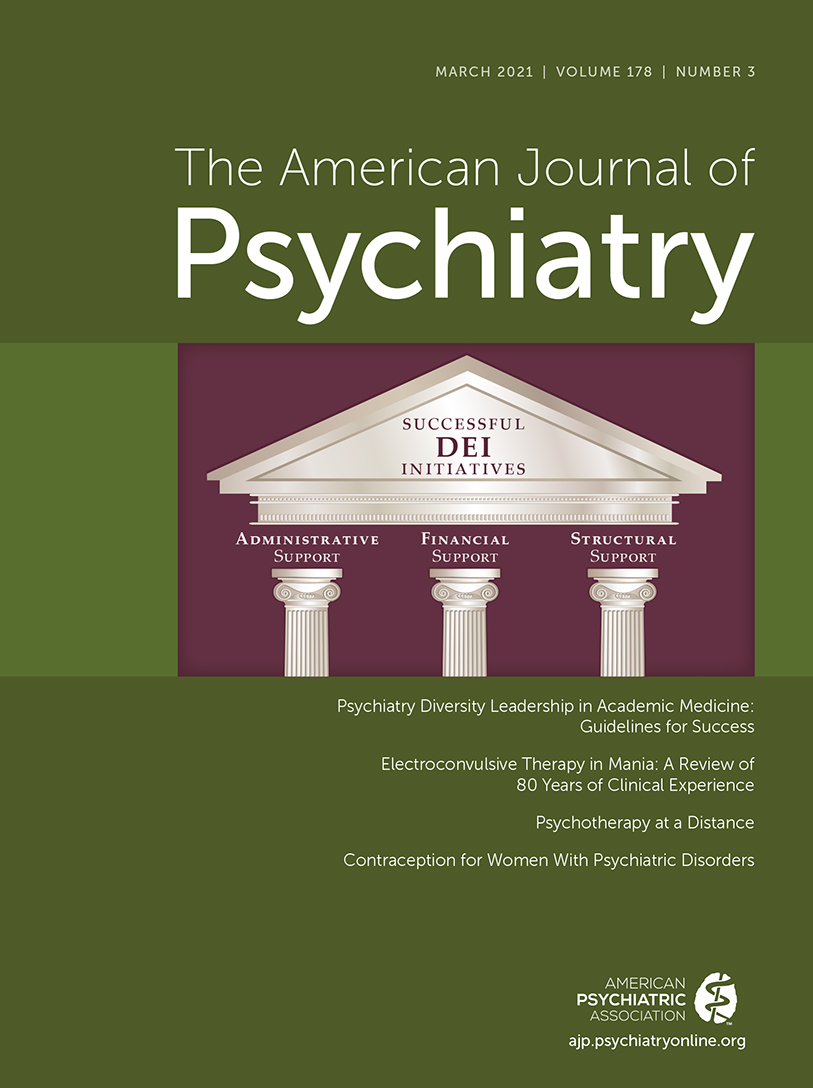Contraception for Women With Psychiatric Disorders
Abstract
Objective:
Mental health care for women includes decision support to prepare for major life events, including preconception planning for treatment during pregnancy and the postpartum period. The authors discuss contraceptive choices and their effectiveness, side effects, and impact on psychiatric symptoms. The Centers for Disease Control and Prevention’s recommendations, Medical Eligibility Criteria for Contraceptive Use, provided the structure for review of contraceptive choices.
Methods:
A search of PsycINFO, PubMed, Embase, and Scopus was conducted for publications on the management of contraception for women with mental illness. Publications were selected if they included, based on the authors’ consensus, data supporting evidence-based care important for psychiatrists who treat women desiring contraceptives.
Results:
The majority of women choose combined oral contraceptives. Although long-acting reversible contraceptives (implants, intrauterine devices) are associated with low failure rates, favorable safety profiles, rapid return to fertility after removal, and few contraindications, they are chosen by only 14% of women. All methods are acceptable for women with depression, although medical comorbidities may dictate a specific type. The impact of hormonal contraceptives on the risk for depression is controversial; however, clinical studies and randomized placebo-controlled trials of women with psychiatric disorders have generally reported similar or lower rates of mood symptoms in hormonal contraceptive users compared with nonusers. Although interactions between psychotropic drugs and contraceptives are rare, clozapine, anticonvulsants, and St. John’s Wort are exceptions.
Conclusions:
Proactive management of mental illness, contraception, and pregnancy improves a woman’s capacity to function and optimizes her mental and reproductive health.



